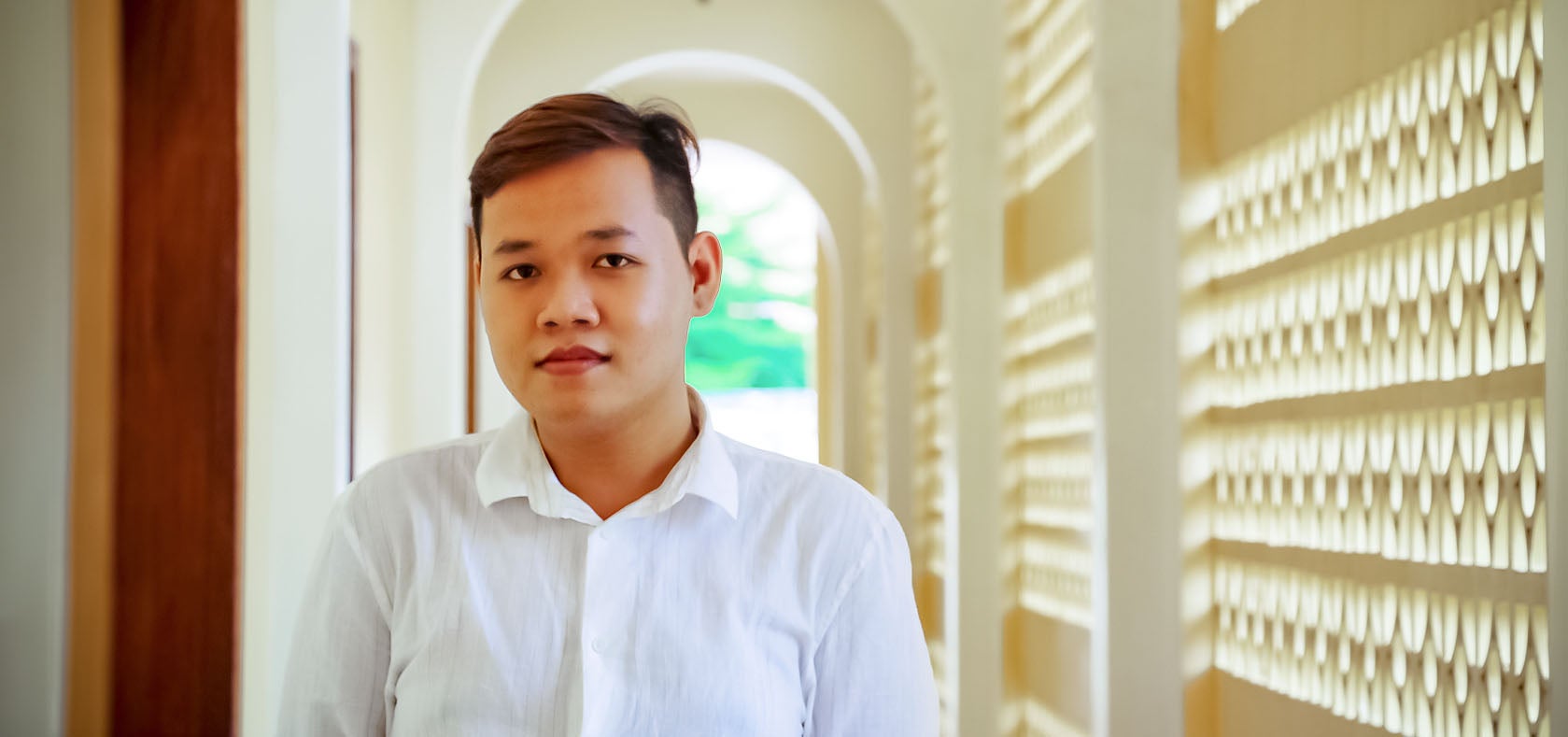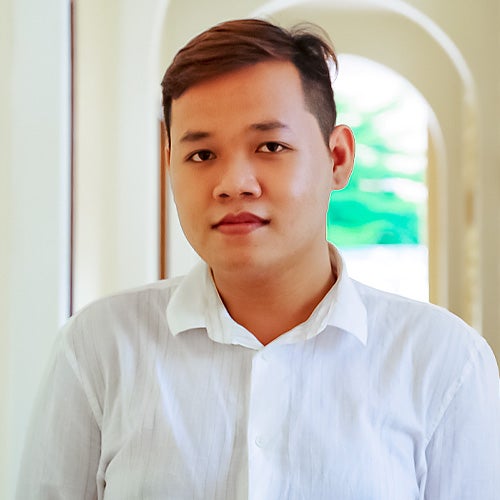Beijing+30 Youth Blog: “Everyone has a role in promoting women’s empowerment and advancing their rights”
Date:
Author: Keonetra Pech

My understanding of "equality" is ensuring that all individuals, regardless of their identities namely age, gender, race, class, sexual orientation, disability status, ethnicity, religion, geographical location, and other different identities, are treated equally and have the same opportunities to access social, political, and economic aspects of life. Unfortunately, not everyone has the same access to these opportunities due to various aspects of their identities. Growing up in Cambodia, I witnessed gender inequality and the unfair expectations placed on girls and women. Society imposes traditional gender roles and negative stereotypes on them, dictating how they should behave or act. When girls and women do not abide by or meet societal expectations, they often face judgment and shame.
It always struck me as unjust that some activities such as cooking, dressing in certain ways, doing household chores, and pursuing higher education are only expected from girls and women, while boys and men are not held to the same standards. In my home country, girls and women face a range of challenges, including gender-based violence, online harassment and bullying, unequal distribution of unpaid care work responsibilities, and underrepresentation in political leadership. Seeing this gender injustice, inspired me to become an advocate for gender equality.
Adopted in 1995 by 189 countries, the Beijing Declaration and Platform for Action, is a global framework and strategic document for advancing women's rights, promoting their empowerment and achieving gender equality worldwide. The Declaration identified 12 critical areas of concern ranging from poverty and violence against women to decision-making and armed conflicts, while also emphasizing the need for applying a gender lens into policies and programs to address those challenges.
Addressing gender inequality requires the meaningful participation of girls and women but also boys and men. It’s time for boys and men to assume their role in promoting gender equality and combating gender stereotypes. Now it’s time for us to educate ourselves about gender equality issues and challenge harmful gender stereotypes and beliefs, support and advance women's rights, and advocate with policymakers to promote gender equality. Additionally, governments’ intervention is vital in reducing barriers to gender equality and advancing women's rights. From a youth perspective, I recommend governments to take proactive measures to promote women's empowerment and gender equality:
- Promote meaningful and inclusive participation of women and youth in policy design and decision-making processing and efforts.
- Strengthen and enhance existing policies and frameworks to reduce gender gaps, promote women's leadership, and advance women's rights.
- Support and increase the protection of women-led grassroots and civil society organizations (CSOs) and women’s rights advocates.
- Support and provide resources and opportunities for youth groups, social movements, and CSOs promoting gender equality and women’s rights.
- Invest in gender-lens and integrated intersectional approach research to generate evidence-based advocacy to enhance information on gender equality issues, especially for marginalized and underrepresented groups.
All stakeholders from citizens and CSOs to private sector companies, and governments, have a crucial role in advancing women's rights. Combating harmful gender norms may be a time-consuming and long-term process, but it should start with us.
[1] Lesbian, gay, bisexual, transgender, and queer or questioning.
[2] Sexual orientation, gender identity, gender expression and sex characteristics.
Biography:

Keonetra Pech, 27, is a member of the United Nations Youth Advisory Panel (UNYAP) in Cambodia, where he actively advocates for youth, LGBTIQ+[1] and SOGIESC[2] issues across various UN agencies. Mr. Pech's expertise lies in the areas of youth empowerment and gender equality where he leads initiatives to challenge gender stereotypes and increase youth participation in his country.
